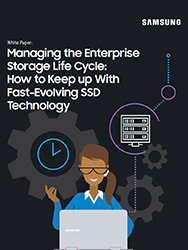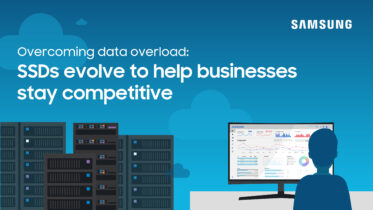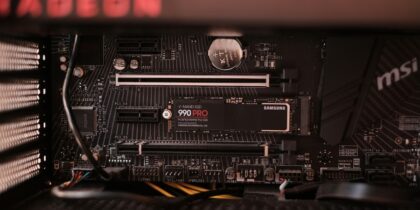Online transaction processing (OLTP) is a class of system that supports or facilitates high transaction-oriented applications in which time-sensitive data related to a transaction is processed immediately. These systems hold all the information that a company needs to keep track of customer information, sales, purchases and so forth. Opening a customer record and adding their new purchases, billing information and shipping status might not seem like a big deal — and it isn’t for a single record and customer.
The Important Impact of Downtime
However, if you look at mega-retailers like Amazon or Walmart who support tens of millions of transactions every day, it becomes obvious that the task of finding an existing customer record, adding new purchases, deleting old records or creating new ones is far from a small task. These massive retailers require a system that can find and alter records in the smallest amount of time possible, especially during the purchase process. According to a recent study by Dynatrace, half a second of wait time can make a 10 percent difference in sales.
Online transaction processing involves several different tasks, from searching through a database, to loading a record into the system, to presenting data back to the e-commerce website or the agent making the changes. Latency, or the overall time required to get a response, remains the most critical measurement, but when dealing with hundreds or thousands of queries every minute, both throughput and input/output operations per second (IOps) are also important.
Manage the Enterprise Storage Life Cycle
Download this guide to improve your storage planning and evaluation processes. Download Now
Fortunately, the improvements in SSDs, or flash storage, have increased by leaps and bounds over the last decade. The latest enterprise drives, such as the Samsung PM863a, are now achieving read speeds of up to 520 megabytes per second (MB/s), with up to 24,000 IOps per drive and latencies less than half (52 microseconds) of previous generation SSDs, and much less than hard drives.
Large OLTP systems using hard drives often use more units than needed for total capacity in order to increase the number of IOps. By using SSDs, which have much higher IOps per drive, the system does doesn’t need that surplus capacity and can still achieve the overall IOps needed.
Looking for the Fastest Technology Around
We live in a globally connected and always-online world, so OLTP needs to run at peak performance 24 hours per day, 7 days per week. This means it’s critical to look for storage systems with the highest endurance possible. New enterprise-grade SSDs will last much longer than earlier models, even in the 24/7 environment of the data center. Between drives that now last for years, lower power consumption and less heat generation, SSDs can have a much lower total cost of ownership than hard drives, even though hard drives may appear to have a lower initial cost.
The same issues that apply to OLTP also apply to Online Analytical Processing (OLAP) as well as real-time systems, which deal with data acquisition, storage and analysis of data streaming from many different sources — like inputs from the Internet of Things. In all these cases, SSD-based systems can offer the performance needed with lower operating costs, making them much more efficient and affordable over the long-term lifecycle of a data center. Equipped with this technology, retailers, financial institutions and other applications that rely on online transaction technology can make sure their infrastructure will be able to keep them at the forefront of processing speeds, and in turn creating a smooth customer experience.
Find the best storage solutions for your business by checking out our award-winning selection of SSDs for the enterprise.








